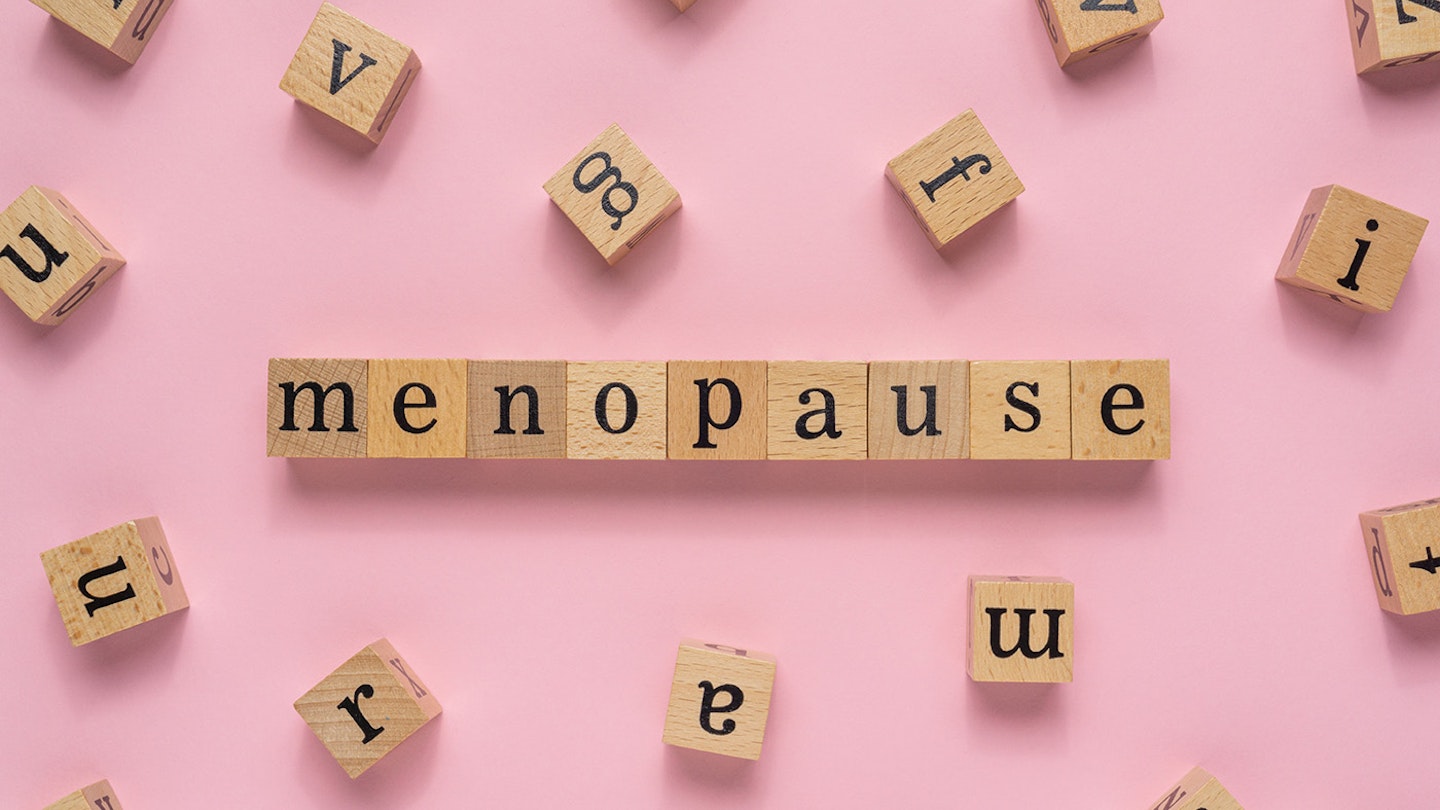The menopause is when your periods stop due to a lowering in your hormone levels. It usually occurs between the age of 45 and 55, however some women can experience early menopause.
Being aware of the signs and symptoms to look out for can help determine whether or not you’re going through the menopause, but is there a test for the menopause that you can take which tells you this too? We spoke to hormone expert, Dr Martin Kinsella at BioID to find out.
Can you take a test for the menopause?
“Menopause and peri-menopause are a natural part of the ageing process and are brought about by natural hormone changes that usually happen between the ages of 45 and 55," says Dr Kinsella. "Menopause is when your periods stop due to lower hormone levels. While this is usually one of the main signs of menopause, during this time the body experiences hormone changes that are responsible for a lot of symptoms that can affect women both physically and psychologically.
“A blood test can identify these hormone changes and help to establish if you’re experiencing the peri-menopause or menopause or if something else is the cause."
Is there a blood test for the menopause?
As Dr Kinsella mentions above, a blood test to identify the change in your hormones can help identify whether or not you're experiencing the menopause.
“A blood test will allow hormone levels to be assessed in order to establish if you are likely to be experiencing the menopause," he confirms. "This will allow a suitable tailor-made treatment plan to be prescribed. Typically during the menopause the body experiences a decrease in estrogen and progesterone which are produced by the ovaries. HRT and Bio-identical hormone replacement therapy can be extremely effective ways to address this hormone decline and reduce symptoms.’
How do I know when I’m in the menopause?

"Technically the menopause is when your periods have stopped for a full year," says Dr Kinsella, "however, during the peri-menopause and menopause, the body experiences hormone changes that are responsible for a huge range of symptoms."
Dr Kinsella says there are over 30 recognised symptoms of the menopause, which include:
• Hot sweats
• Changes in body odour
• Tiredness
• Irritability
• Forgetfulness
• Weight gain
• Mood swings
• Brain fog
• Incontinence
• Changes in libido
• Dry vagina
• Anxiety
• Bleeding gums
• Feeling disoriented and confused
• Feeling like something is crawling on your skin
• Changes in breast shape
• Migraines
• Changes in body odour
• Ringing in the ears
• Sore or aching muscles or joints
"Some women experience very few of these symptoms, while others experience a lot of them," says Dr Kinsella. "Similarly, the level of severity of symptoms varies hugely from one person to the next.
"I would advise anyone who suspects they may be experiencing the peri-menopause or menopause to book a blood test to check hormone levels and establish if this is the cause."
